We begin the first of three days ode to the Foveon sensor, which produces a distinct and unmistakable color signature. Inside Sigma compacts, with their fixed prime lenses, the result: Super sharp photos that are […]


We begin the first of three days ode to the Foveon sensor, which produces a distinct and unmistakable color signature. Inside Sigma compacts, with their fixed prime lenses, the result: Super sharp photos that are […]
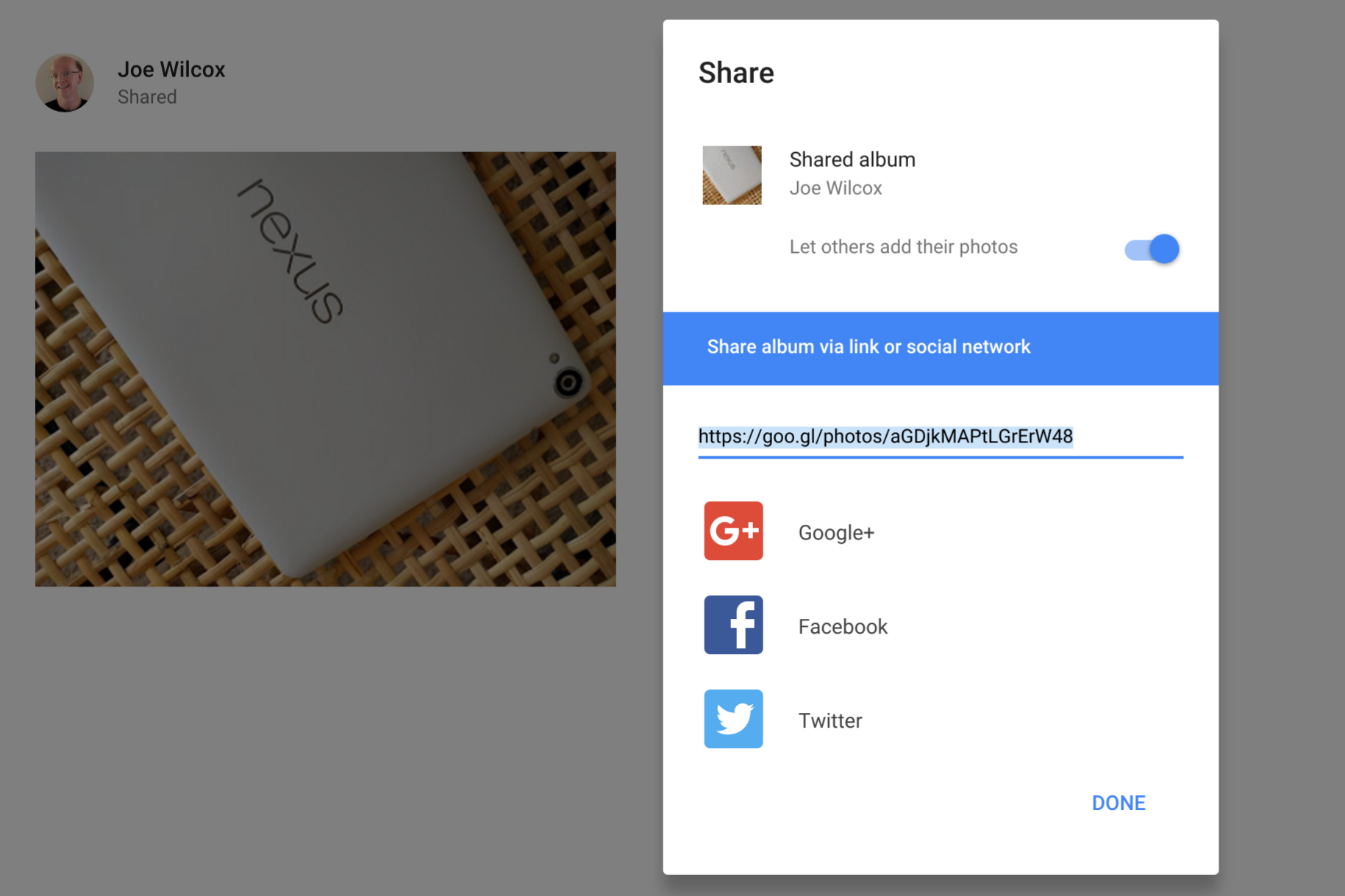
Ho. Ho. Ho. Google gives early Christmas presents this holiday, by focusing on ways that families (or roomies) can better share that which is contextually precious: music, photos, online, payments, and videos. But Big G also trails Apple, which already offers its customers many of the same benefits.
Fresh today: Google Photos Shared Albums, which applies collaborative concepts that Apps users should find familiar. “People receiving the shared album can join to add their own photos and videos, and also get notifications when new pics are added”, according to the official announcement. “You can even save photos and videos from a shared album to your Google Photos library, so that you can hold onto them even if you weren’t the one holding the camera”.
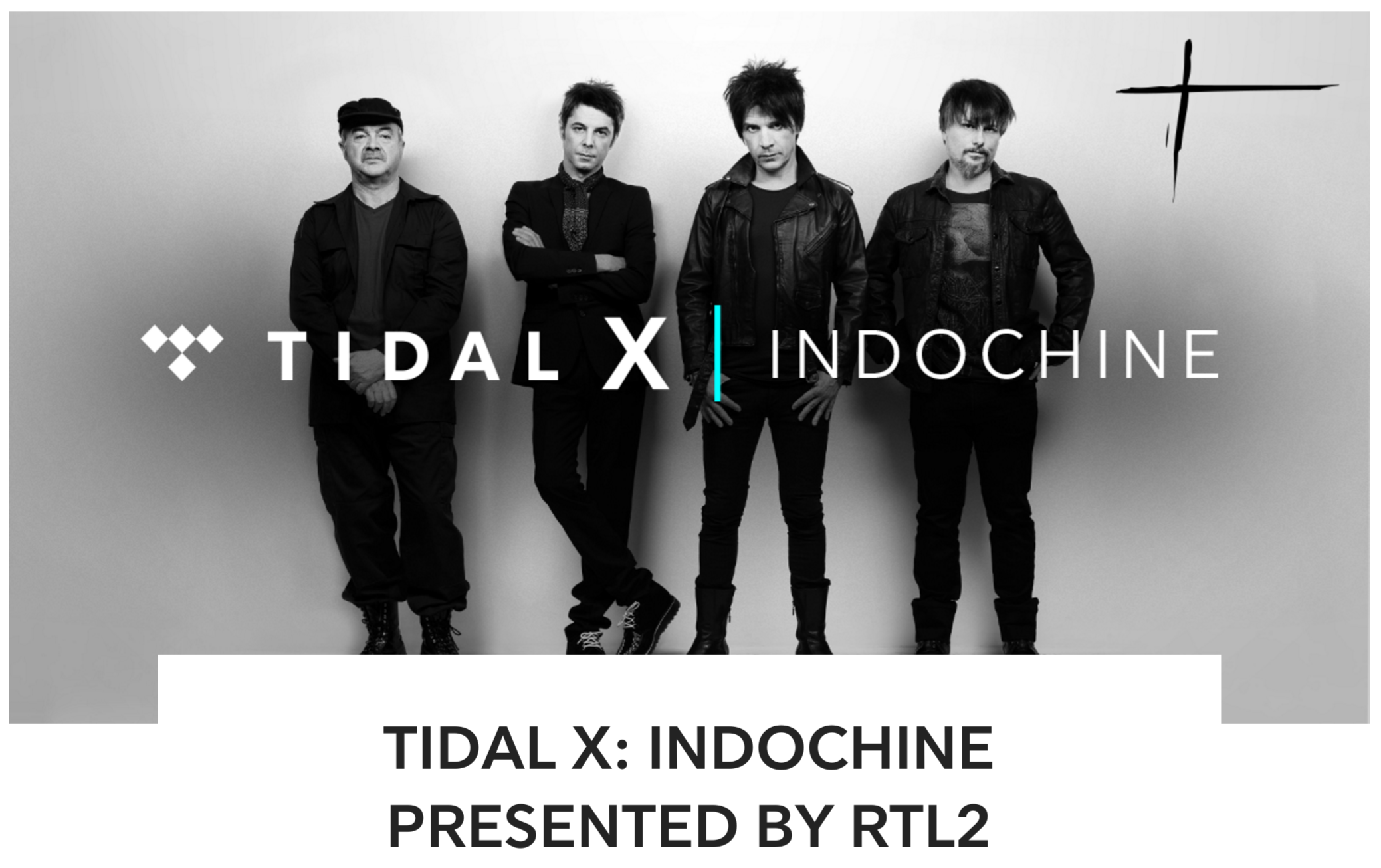
I can’t speak, nor do I comprehend, more than ten words of French. But I love this band’s music, nevertheless. At 10:45 PST this morning, Indochine streams live from Paris, and I am so down for it. Maybe I’ll Chromecast to the tellie from one device, while working on another (got lots of writing to do).
The live stream is one of the many benefits subscribing to Tidal, which now sells lossless albums, too. Oh la la. The $19.99 monthly service gets better and better. I hear the difference listening to tracks encoded with the 1411kbps Free Lossless Audio Codec versus AAC or MP3.
The rumor is fact. Today, Google started selling its first homegrown tablet, Pixel C. You can buy one directly from the company—until they sell out! Google typically struggles stocking new devices, like Nexus smartphones and the Chromebook Pixel. On November 30th, I asked: “Where is Pixel C?“, which was promised to arrive before the holidays. Now we know.
I hope to have the 10.2-inch tablet in possession within a few days and will subsequently post first-impression and full reviews. If you can’t wait for that, and shouldn’t, larger tech news sites already have their takes online. Search for the name, and you will find them. Don’t wait on me, if you’re thinking about one for Christmas!
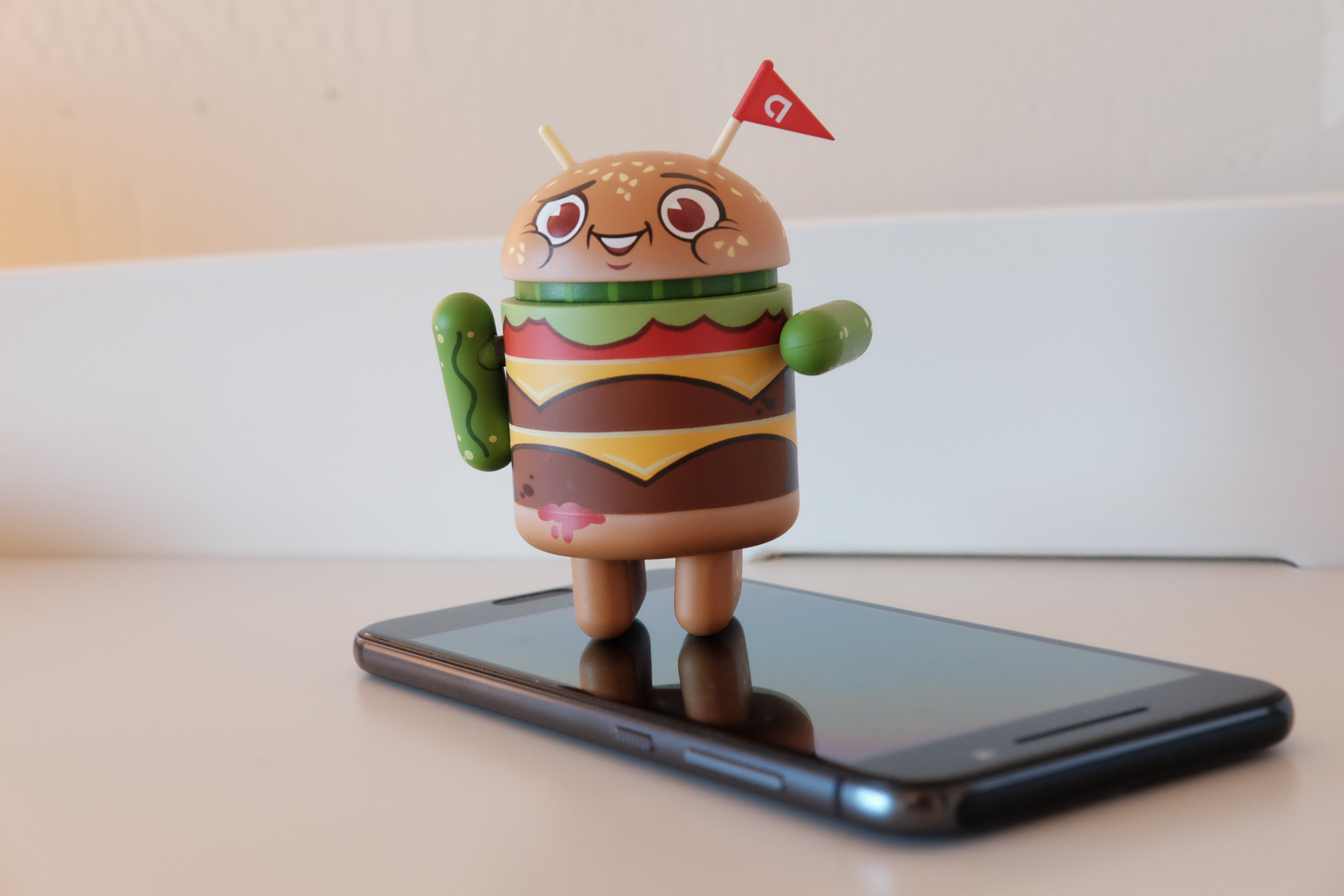
So you bought iPhone 6. You love the understated styling of the aluminum enclosure and how the device feels in your hands. But iOS is a dog brain. It’s loyal and friendly, but you want more than a tail-wagger that needs to be let out to pee. HTC has your back, with the shockingly similar-looking One A9. The imitator gives you close-enough design benefits with the extra bang of the freshest Android (Marshmallow).
Over the Black-Friday-to-Cyber-Monday weekend, one in ten A9 buyers moved up from iPhone 6 or 6s series devices, according to HTC. The manufacturer has a holiday special ending Jan. 7, 2016 that allures some switchers. Trade-in one of the Apples for full discount off the A9’s purchase price (HTC mails a $499.99 check after receiving the old device). Galaxy S6 and S6 Edge traders get $200 and LG3 and LG4 owners $100.

Vivid is how I describe the street photography of Matthias Ripp. His art exudes a rich, contrasty quality that is natural; what the eye sees. Today’s selection, as do many others, feels like film. The Regensburg, […]
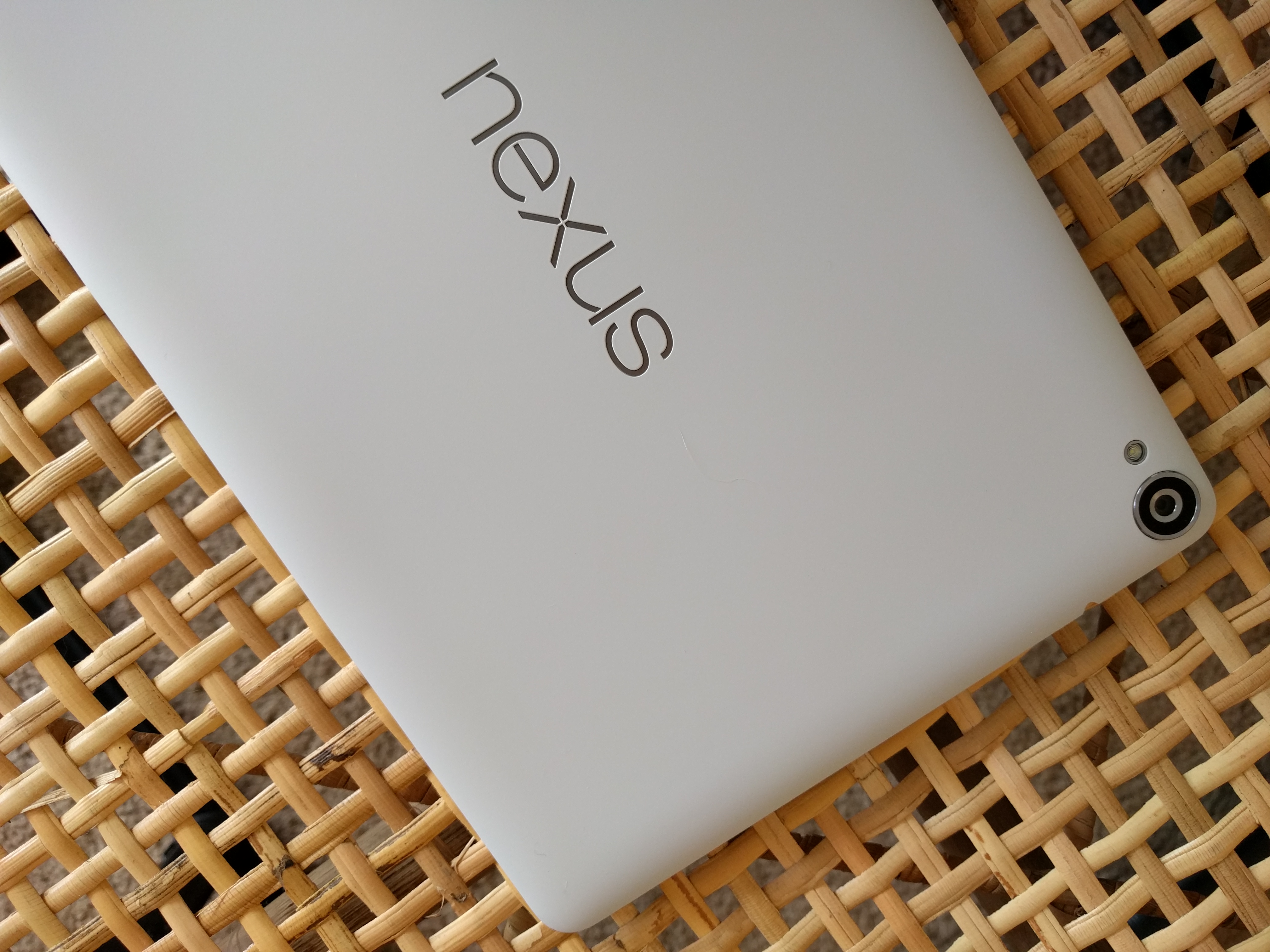
I snagged a Nexus 9 over the Black Friday weekend for my wife in white to complement my sand model (so we can tell them apart). Look at the photo; if that’s white, there is […]
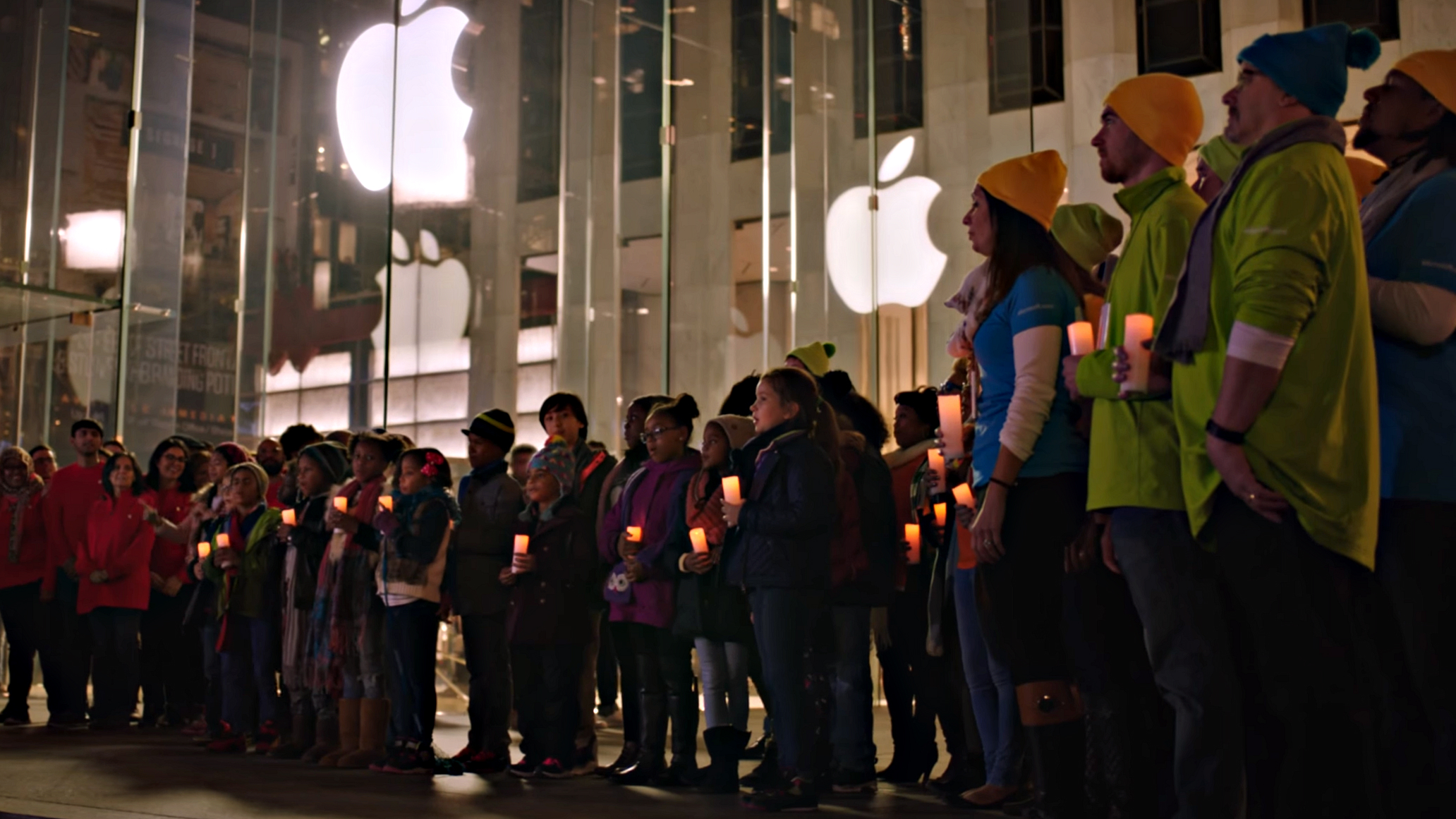
Advertising rarely gets as good this! Microsoft sets the mood for the season in a new spot where its New York store staffers serenade Apple specialists for “peace on Earth”. A children’s choir joins the caroling, creating a classic! This is award-winning advertising in the making. Filming at night adds terrific ambiance, topped off with Apple 5th Avenue Store employees embracing their Microsoft retail rivals.
If Microsoft is the British Empire, then Apple is the American era. Oftentimes, the mighty are arrogant and condensing about their dominance, and it’s rare that they sue rivals for peace—from a position of dominance. The humbled fallen must adopt new tactics in the New World order. For Microsoft, that means cooperation. If nothing else, the commercial is a metaphor for the new Microsoft.
Black Friday is behind us, Cyber Monday is here, and Christmas shipping new purchases cuts off in about three weeks. Which makes me wonder: Where is Google’s new tablet? When announced at the end of September, Google product director Andrew Bowers said that the “Pixel C will be available in time for the holidays on the Google Store”. Eh, yeah—by whose measure is “in time”. The information giant typically sells out of new gear, which leaves little time to manage inventory. “Out of stock” notices will disappoint many shoppers, who may buy something else.
I watched for this baby to drop before Thanksgiving, particularly with Apple iPad Pro already available—three weeks now. Granted, the devices target different markets, if for no other reason than size (12.9 and 10.2 inches, respectively). But each is innovative and stylish and would make great presents for someone. I’m ready to buy, Google. As surely are many Android fanboys.I reached out to the PR staff there today and was told to “stay tuned”, which could be interpreted as soon. We shall see, eh?
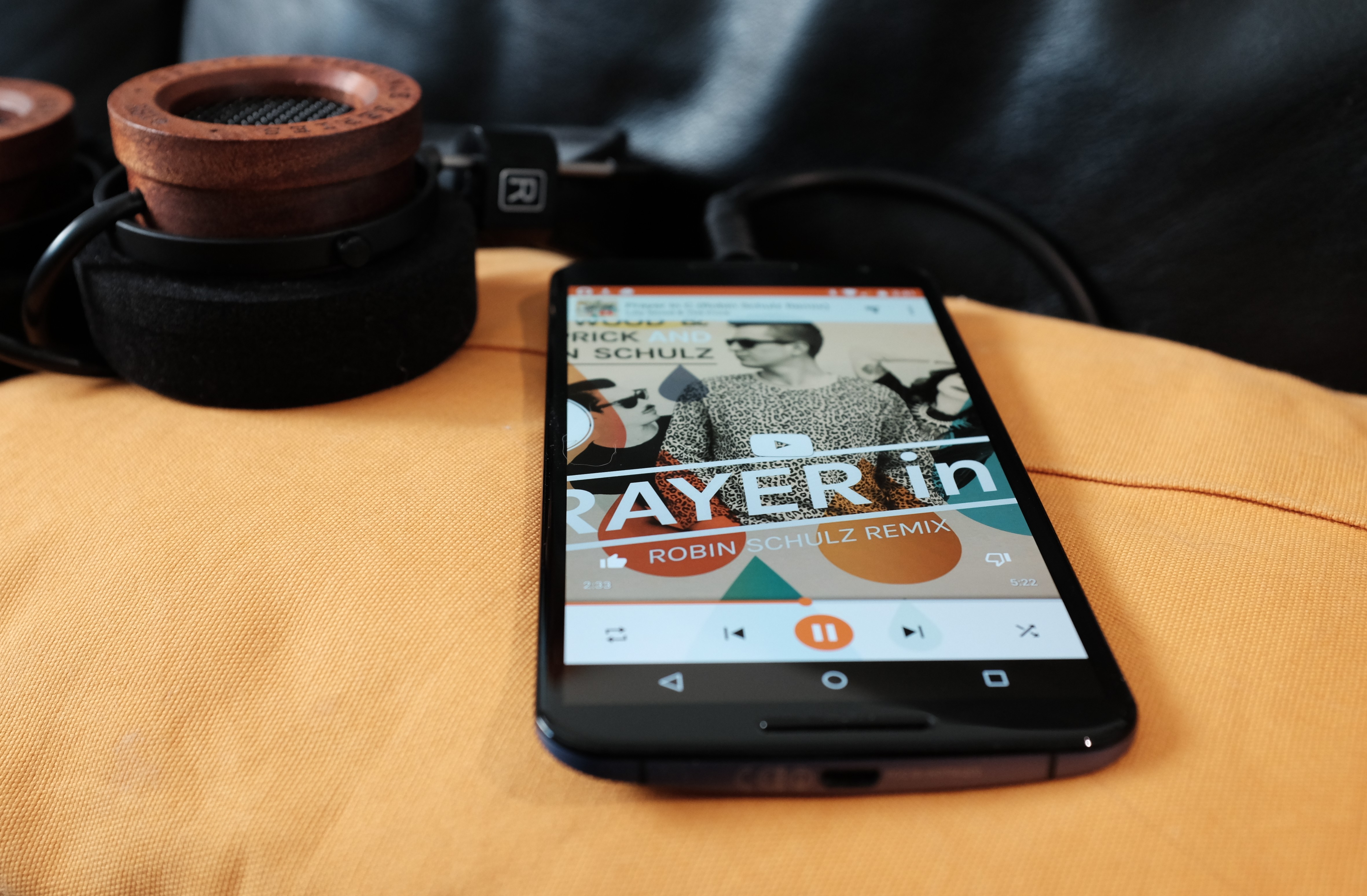
If you’re smartphone shopping this holiday and wondering what to buy, my primer can assist—with caveats. I focus solely on Androids that are higher end but affordable, and I ignore iPhones. No slight against Apple devices is intended. I figure that people who want an iPhone won’t likely consider an alternative. Also: The differences aren’t as pronounced. For example, the major benefit choosing 6s or 6s Plus over the two previous models is slightly lower price (3D Touch is an unnecessary gimmick). The major benefit picking 5s over the 6 or 6 Plus is again price but also smaller size.
Among Androids, differences abound—and many, such as older OS versions or custom UI skins, are carrier or manufacturer imposed. That’s without considering the bloatware that either or both parties might impose. I intentionally focus on devices that offer the most value for price paid, which includes upfront or payment-plan purchased unlocked.

This series features plenty of selfies: Days 15, 142, 160, 201, 261, 275, 310, 316. Today’s selection differs by making the selfie-taker subject of the photo, which wins for clarity, color, contrast, and composition. The clutter behind adds character to […]

Another Thanksgiving is upon us, as Americans stuff their bellies with turkey and vittles, before falling asleep during the afternoon football game. It’s the day of family feuds, too much food, and setting the mood for the holiday season ahead.
We also count our blessings and give thanks for the year behind. I got to wondering what Google can be grateful for and compiled a short list for you. Perhaps you would like to add to it in comments or lash out at my lack of sensitivity on this special day. Please do. With that brief introduction, I present 5 things for which Google can give thanks, served in no particular order of importance.